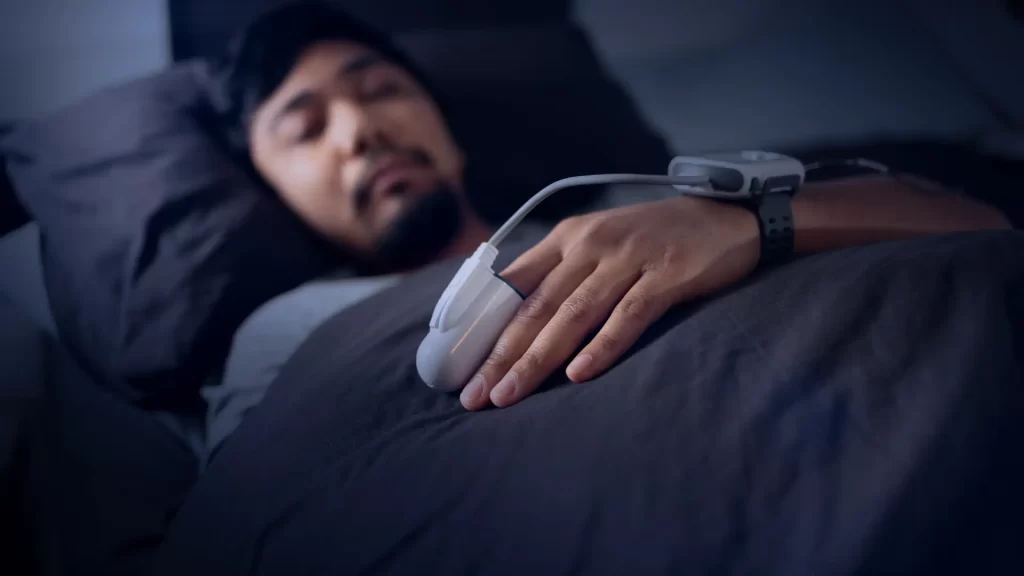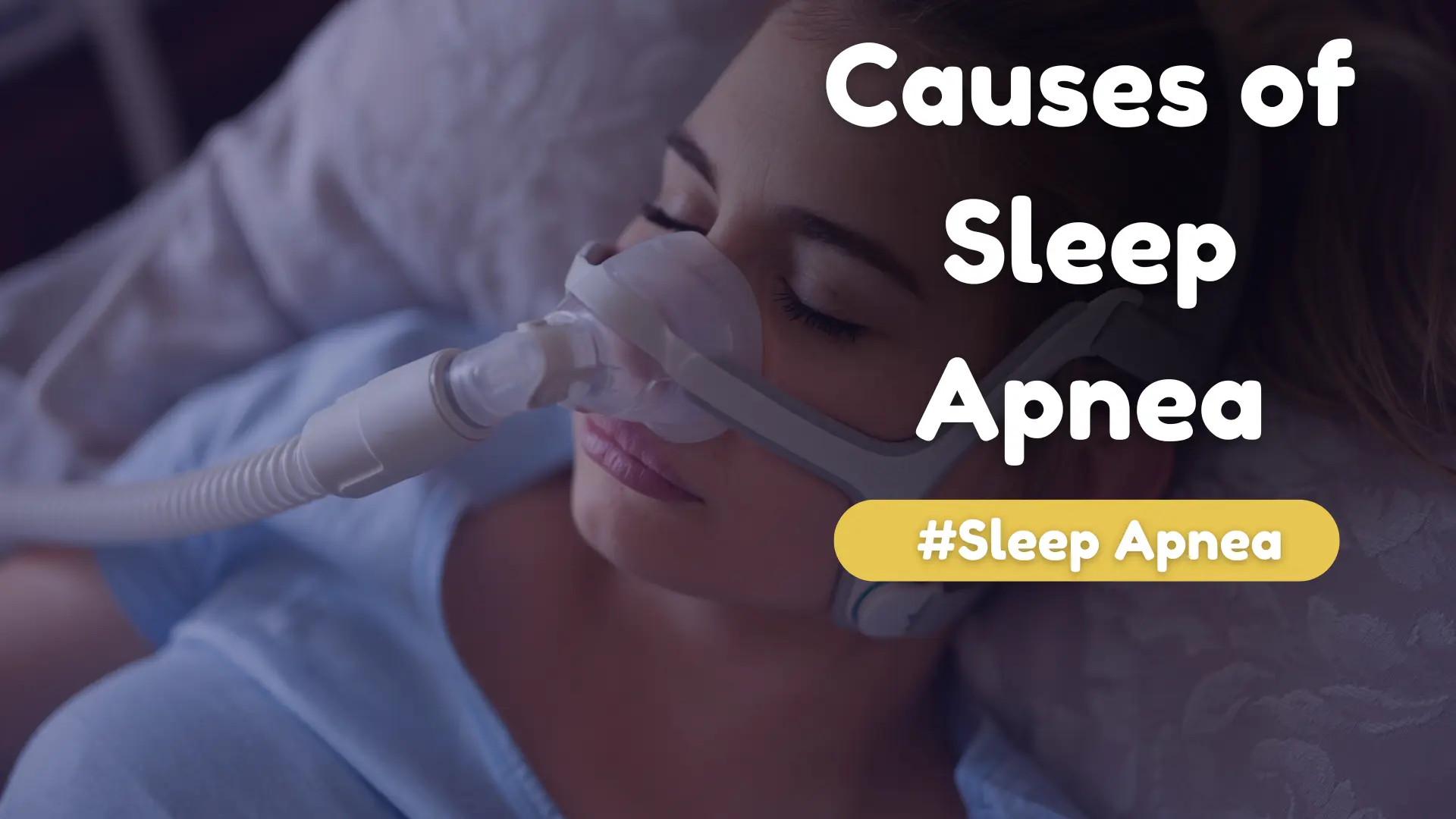Posted on Monday, May 20th, 2024 at 9:00 am
Sleep apnea is a sleep disorder affecting millions of people worldwide. This disorder causes a person’s breathing to repeatedly stop and start during sleep, leading to poor sleep quality and various health issues. These breathing disruptions can occur hundreds of times throughout the night, depriving your body and brain of essential oxygen. Over time, untreated sleep apnea can contribute to various health problems, including daytime fatigue, high blood pressure, heart disease, and cognitive difficulties. Understanding the causes of sleep apnea can make it easier to take steps to prevent or manage this condition, allowing you to reclaim your sleep and improve your overall well-being. Meet our team of specialists if you are experiencing any of these symptoms.
Obesity and Weight Gain
Obesity is one of the primary risk factors for sleep apnea. Carrying excess weight, especially around your neck and throat, can narrow your airway and make breathing more difficult during sleep. Fat deposits in the neck can pressure the upper airway, causing it to collapse and obstruct breathing.
Even a modest increase in weight can significantly increase your risk of developing sleep apnea. According to one study, a 10 percent weight gain can lead to a six-fold increase in the possibility of developing moderate to severe sleep apnea. At the same time, losing weight can reduce the severity of sleep apnea and improve overall sleep quality.
If you are overweight or obese and suspect that you may have sleep apnea, it is crucial to speak with a healthcare professional. They can develop a plan to help you manage your weight loss and treat your sleep apnea.
Anatomical Factors
Certain anatomical factors may also increase your risk of developing sleep apnea. These include:
- Large Tonsils – Enlarged tonsils can narrow the airway and make breathing difficult during sleep.
- Narrow Airway – Some people naturally have a narrow throat or airway, which can increase the likelihood of airway obstruction during sleep.
- Receding Chin – A small or receding chin can reduce the space behind the tongue, making the airway more likely to become blocked.
- Deviated Septum – A deviated septum, a misalignment of the wall that separates the nostrils, can contribute to breathing difficulties and increase the risk of sleep apnea.
If you have any of these anatomical factors, this doesn’t automatically mean you will develop sleep apnea. However, you should be aware of these risk factors and discuss them with your healthcare provider if you experience sleep apnea symptoms.
Genetics and Family History

Studies have identified several genes that may play a role in developing sleep apnea. These genes are thought to influence factors such as the structure of the face and skull, the activity of the muscles that control breathing, and the regulation of sleep and wakefulness.
While you cannot change your genes, knowing your family history can encourage you to take proactive steps to prevent or manage sleep apnea. If sleep apnea runs in your family, monitor your sleep and seek help if you experience symptoms.
Other Risk Factors
In addition to the major causes discussed above, other factors may increase your risk of developing sleep apnea. These include:
- Age – Sleep apnea is more common in older adults, although it affects people of all ages.
- Gender – Men are more likely than women to develop sleep apnea, although the risk for women increases after menopause.
- Smoking – Smoking irritates the tissues in the throat and can increase the likelihood of airway inflammation and collapse.
- Alcohol and Sedative Use – Consuming alcohol or sedatives can relax the muscles in the throat, increasing the likelihood of the airway becoming obstructed during sleep.
If you have any of these risk factors, you must be proactive about your sleep health. This may involve making lifestyle changes, such as quitting smoking, reducing alcohol consumption, or seeking help from a healthcare professional.
Sleep apnea is a severe medical condition that can significantly affect your health and quality of life. By understanding the primary causes of sleep apnea, including obesity, anatomical factors, and genetics, you can take steps to prevent or manage this disorder.
If you suspect that you may have sleep apnea, speak with our qualified healthcare professional. At Silent Night Therapy, our team of experienced sleep specialists is committed to helping you achieve the restful, restorative sleep you need to feel your best. Contact us today at 631-983-2463 to schedule a consultation and learn more about our personalized sleep apnea treatment options.
